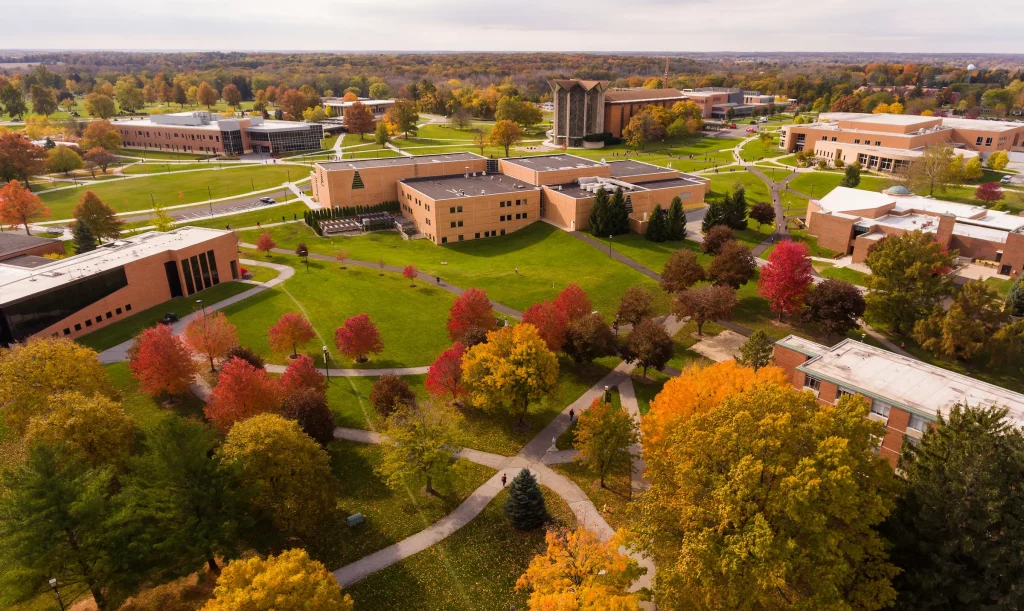DNP Student Manuscript Accepted for Publication
As part of Valpo’s doctor of nursing practice (DNP) program, Michael Poulsen ’14, ’17 DNP produced a manuscript titled “Nursing Music Protocol and Postoperative Pain,” based on a pain management study of spinal surgery patients. Under the mentorship of Jeffrey Coto ’94, DNP, M.S., RN, assistant professor of nursing, who edited the piece and helped him navigate the scene of publication and writing, Michael had his manuscript accepted by the Journal of Pain Management Nursing.
“It is my privilege as Valpo faculty to work one-on-one with students to make sure they understand the process of research, publication, and evidence-based practice,” Professor Coto says. “Michael was my first doctoral student, and I’m extremely proud of him. He accepted criticism, took to suggestions, made adjustments, and became very successful at it.”
Through his study, Michael uncovered that there are other modes, specifically music therapy, that can effectively reduce pain. With opioid addiction on the rise and an increase in FDA regulation of publicly available opioid medication, this discovery is quite significant.
During his time in Valpo’s DNP program, Michael worked nights as a floor nurse at Unity Hospital in Mishawaka, Indiana, where in his work with spinal surgery patients, he found inadequacies in their pain management treatment. Seeking a way to more effectively manage their pain in a manner that would be applicable in their everyday lives, Michael turned to music therapy.
Music therapy initially sparked Michael’s interest as an undergraduate student. In fact, he extensively researched the topic for more than three years, finding that music with 60 to 80 beats per minute approximated the normal pulse rate and relaxed patients. His research also indicated that music must be played at least three times daily to have an impact.
Based on his study of rhythmic beats, Michael created six genre stations for the nearly 30 spinal patients in his study, based on their particular interests. The music was played for three 30-minute intervals on day four of each patient’s stay. From day three to four, the study revealed a pain decrease of one point on a scale of zero to ten and 4.5-5 milligrams less medication was administered, roughly one dose.
Unity Hospital has incorporated music therapy into their current practice, administering it in the same manner Michael so effectively developed.
Michael recently presented on his manuscript at the Pain Medicine Conference in San Francisco, which drew attendees from more than 17 countries. He maintains a close relationship with Professor Coto and anticipates collaborating with him again in the future.
“I was drawn to Valpo because of the caring staff and faculty, which never faded throughout my time as a student,” Michael says. “It was their overall care of me as a student that helped me through the program. The program has such prestige that I could get clinical rotations pretty much anywhere. Once it was known I was a Valpo grad, I was more apt to be granted privileges over a non-Valpo student.”
